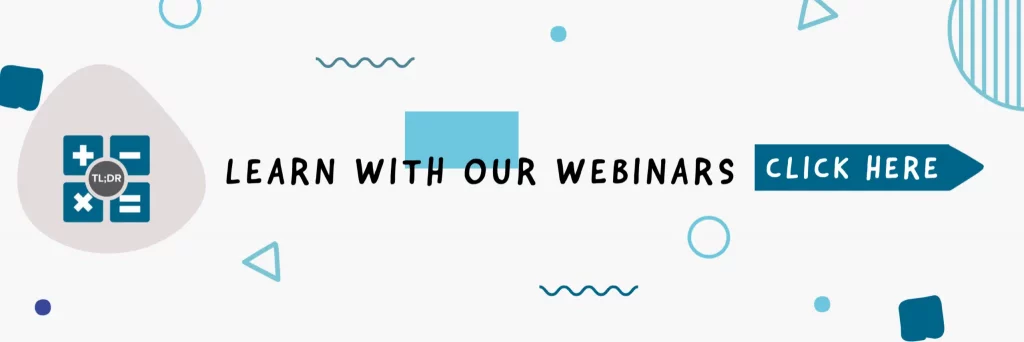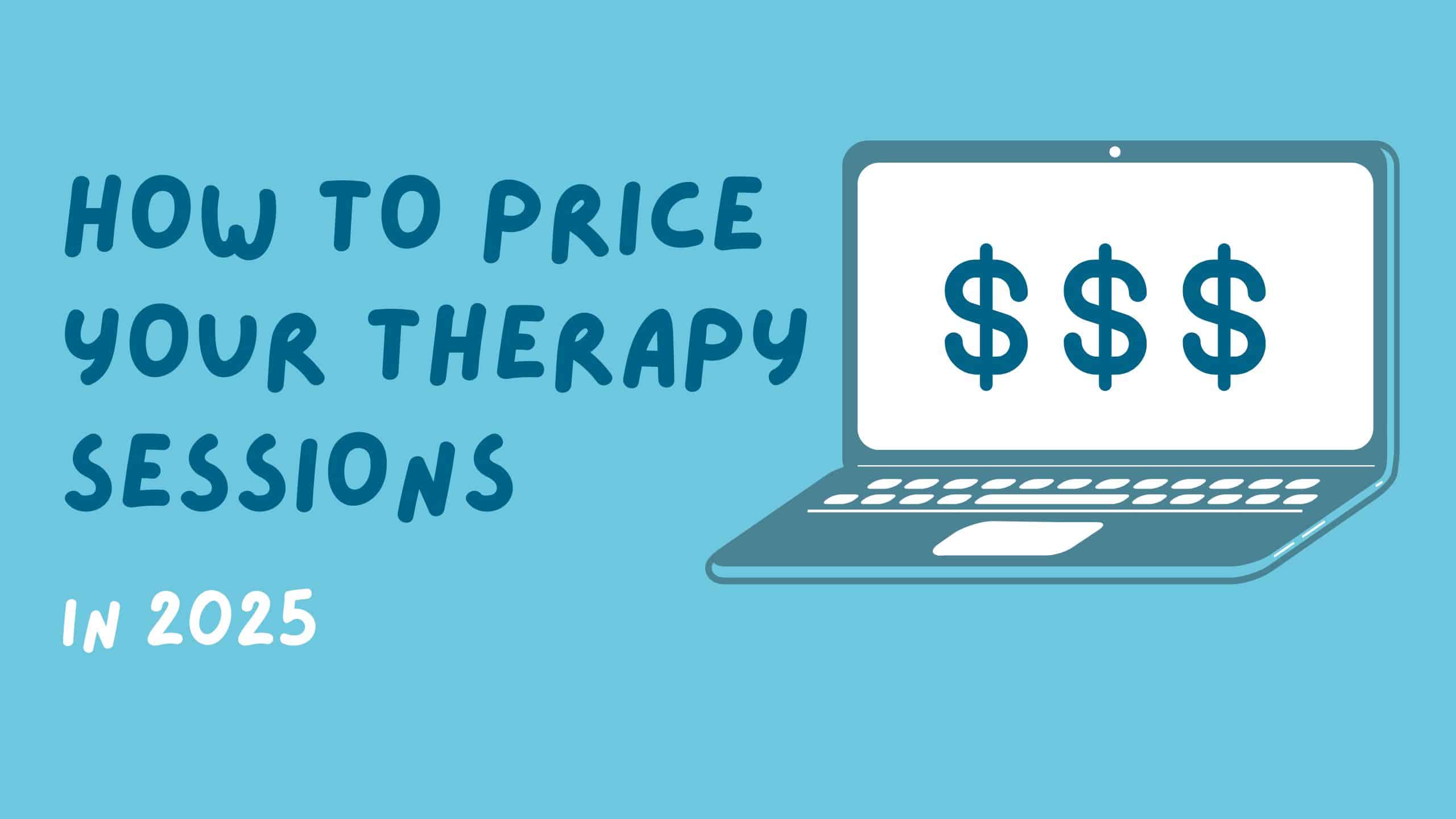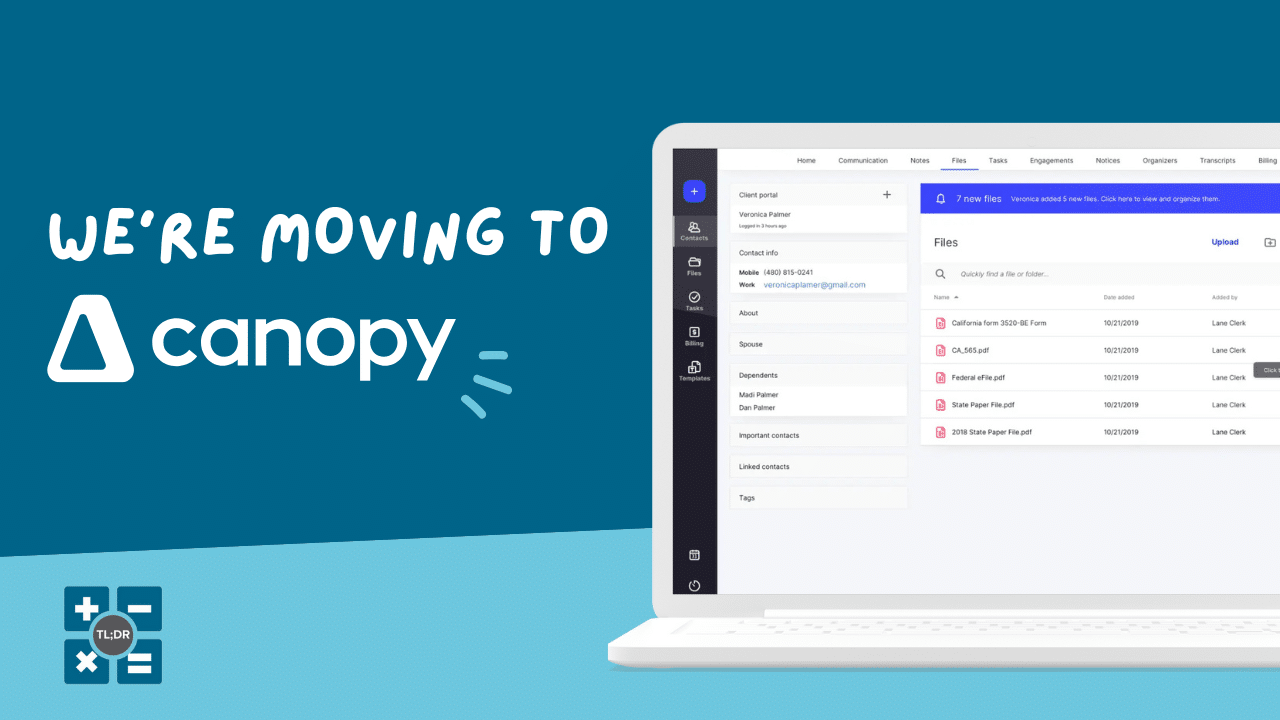CPA, EA, Accountant…you’ve probably seen these terms bandied about here and there, but what do they really mean? You’re trying to choose someone to help you with your books and/or taxes, and this kind of stuff is delicate and important. You wouldn’t trust just any random person with this sensitive information.
The good news is that we can give you straightforward answers to your acronym-soup questions.
CPA: Certified Public Accountant
The CPA designation is different for each state in the United States, similar to state bar associations. In Washington, the CPA designation is provided by a non-governmental body called the Washington Society of CPAs (WSCPA) which is affiliated with the American Institute of CPAs (AICPA).
The minimum requirements for a Washington State CPA are:
-
- A Bachelor’s Degree with an Accounting major or concentration
-
- 150 semester hours of higher education (5 years of university)
-
- At least 2,000 hours of qualified accounting work in the workplace
-
- A passing score on each of four grueling CPA exams. The average pass rate for CPA exams is about 50% of exam-takers (who have already completed a BA in Accounting!). The process of passing all four exams can easily take more than a year.
- 40 hours of continuing education every year.
The Public in Certified Public Accountant means that this person is qualified to work for the public by doing taxes for the public or auditing publicly-traded companies. Don’t worry though, the fundamentals for public and private accounting are the same, so CPAs also make very good bookkeepers and accounting specialists.
CPAs are legally authorized to represent taxpayers before the IRS.
EA: Enrolled Agent
Unlike CPAs, EAs are licensed by the IRS itself. Like CPAs, Enrolled Agents are also legally authorized to represent taxpayers before the IRS. The relationship between EAs and the IRS can benefit taxpayers who may not have the same level of specialized knowledge.
Enrolled Agents are required to either have worked for the IRS in a position that requires interpreting the tax code OR to have passed the three-part Special Enrollment Exam (SEE), as well as a background check. EAs are also required to complete 72 hours of Continuing Education every 3 years in order to stay razor-sharp on the ever-changing tax laws.
Accountant
In the United States, the title of “Accountant” is not regulated, which means anyone can call themselves an Accountant. If you are talking to someone who goes by the label Accountant but does not have either of the above credentials, then you should certainly ask them about their qualifications and evaluate the quality of their work in order to judge their competence yourself. But with one of the designations above, you can rest assured that the person to whom you’re talking has gone through a rigorous evaluation process by a third party.
TL;DR: Both CPAs and EAs can represent you before the IRS, and they all undergo a rigorous training and evaluation process. Anyone can call themselves an Accountant. If you’re talking to an Accountant without an official credential, be sure to carefully evaluate their competence and reputation. Our team is licensed – we find this important!






